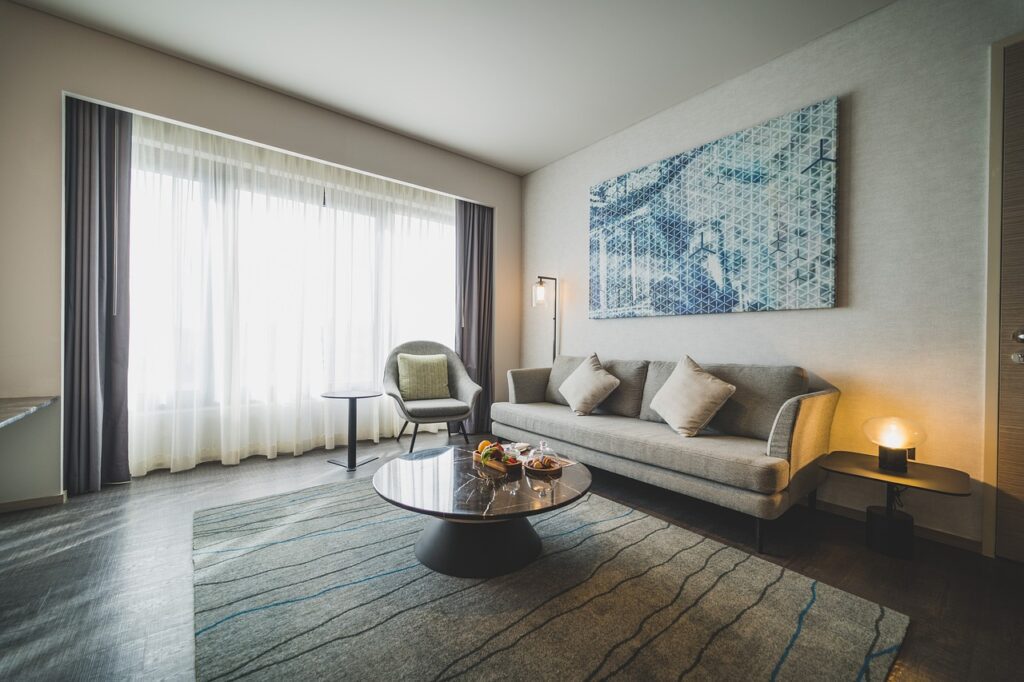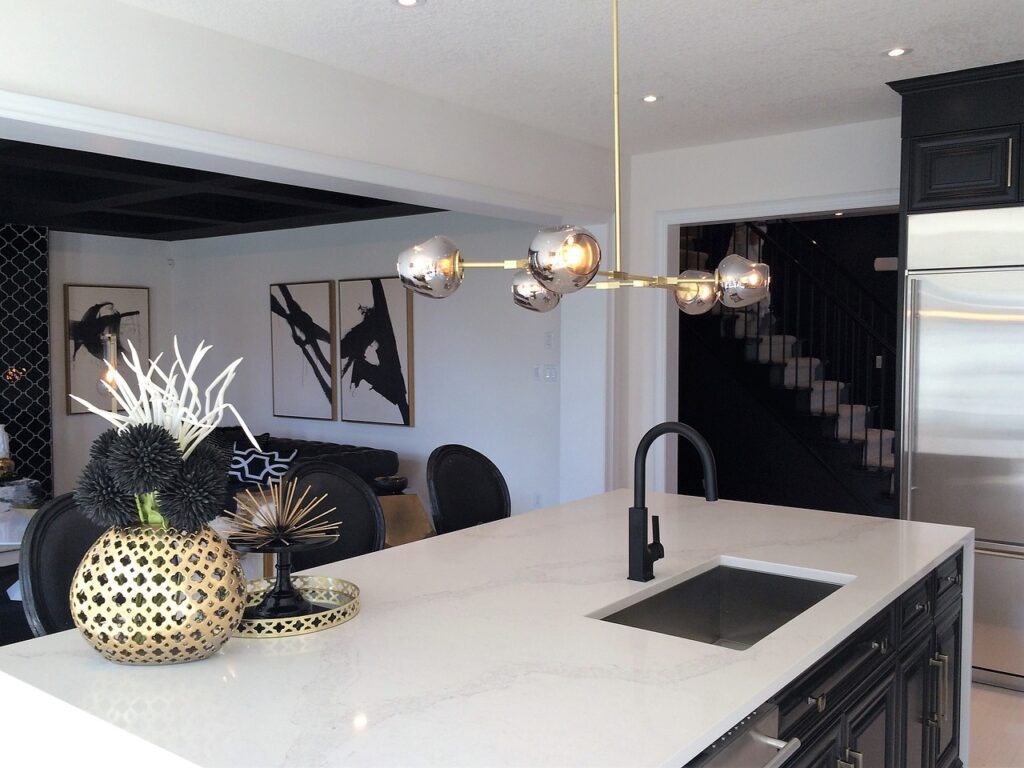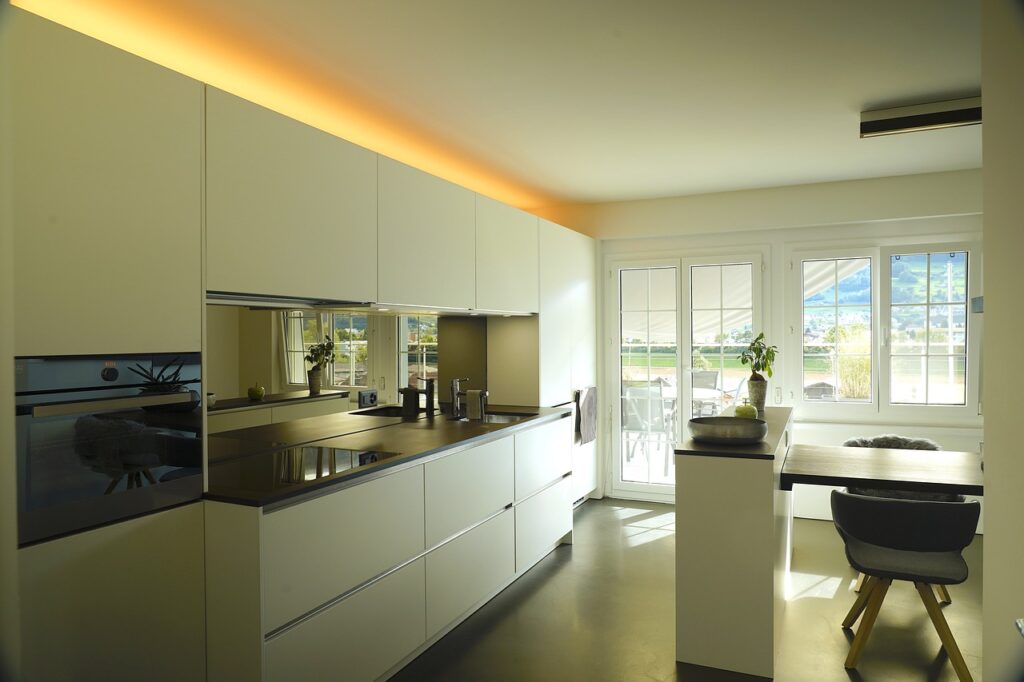Renting property in Thailand involves more than just finding the perfect home or tenant; it establishes a legal relationship that carries specific rights and responsibilities for both tenants and landlords. Whether you’re a foreign tenant looking to rent a villa or a landlord leasing out your property, understanding these legal provisions is essential for avoiding conflicts and ensuring smooth, hassle-free transactions. Thai law provides a clear framework that protects the interests of both parties, helping to maintain fairness in rental agreements.
In this article, we will dive into the tenant and landlord rights in Thailand, outlining everything from rent payment obligations and property maintenance to resolving disputes. Knowing these rights ensures that both tenants and landlords can manage their expectations and responsibilities, reducing the risk of misunderstandings and legal issues down the line.
Tenant Rights in Thailand
As a tenant in Thailand, your rights are protected under Thai law, ensuring that you can live in the rental property comfortably and without undue interference. These rights are designed to prevent exploitation and to safeguard your interest throughout the duration of your tenancy.
The Right to Quiet Enjoyment
One of the key tenant rights in Thailand is the right to quiet enjoyment of the property. This legal provision ensures that tenants are allowed to live in the rental unit without facing unnecessary interruptions from the landlord or any third parties. Landlords are prohibited from entering the property without giving prior notice, except in emergencies. This right also ensures that tenants’ privacy is respected, shielding them from random inspections or unwarranted access unless explicitly stated in the rental contract.
Tenants should work closely with landlords to outline the rules for accessing the property. These agreements should be documented in the rental contract to avoid misunderstandings or disputes. Knowing your right to quiet enjoyment provides peace of mind, helping you feel secure in your rented home.

Fair Rent Practices
Another important tenant right in Thailand is the right to fair rent practices. Thai law requires that rent be set at a reasonable level and that rent terms be transparent. The rent agreed upon when the lease is signed cannot be unilaterally increased by the landlord unless this possibility is specified in the contract. Furthermore, landlords cannot demand more than one month’s advance rent and a security deposit equivalent to one month’s rent for residential leases.
Tenants are entitled to receipts for rent payments, and it is important to keep these records for future reference in case any disputes arise. The contract should also specify any clauses regarding rent adjustments, which are often tied to inflation rates or market trends, ensuring that any increase in rent is fair and predictable.
Landlord Rights in Thailand
While tenant protections are critical, landlords in Thailand are also afforded substantial rights under the law. These rights ensure that property owners can manage their rental investments with security, especially concerning rent collection and property upkeep.
Right to Receive Rent on Time
One of the fundamental rights of a landlord is the right to receive timely rent payments. If a tenant fails to meet their rent obligations, the landlord has the legal right to issue a formal notice demanding payment within a specified period—usually 30 days. Should the tenant not rectify the missed payment within this window, the landlord can terminate the rental agreement and proceed with an eviction process.
Landlords can minimize potential rent disputes by clearly outlining the terms of rent payment in the lease contract. This should include the due date, acceptable payment methods, and penalties for late payments. Penalties might include additional charges for late rent or a reduction in the grace period before legal action is taken. Clearly defined terms create transparency and reduce misunderstandings regarding rental obligations.

Right to Property Maintenance
Landlords also retain the right to expect tenants to maintain the rental property in good condition throughout the lease term. The property should be habitable at the beginning of the lease, but it is the tenant’s responsibility to ensure it remains in a good state during their stay. If a tenant causes damage beyond normal wear and tear, the landlord is entitled to use the security deposit to cover the cost of repairs.
However, landlords must take responsibility for any major repairs necessary for the property’s structural integrity or safety. If the property becomes unsafe or uninhabitable due to neglect on the landlord’s part, tenants can demand repairs or even terminate the lease if the issue is not resolved in a timely manner. Maintaining this balance ensures that both landlords and tenants meet their responsibilities throughout the rental period.
Security Deposits and Refunds
Security deposits are a key component of rental agreements in Thailand, designed to protect landlords from financial losses caused by property damage or unpaid rent. Typically, the deposit is equivalent to one or two months’ rent, providing the landlord with a financial cushion during and after the tenancy.
Conditions for Withholding the Deposit
The security deposit is intended to be refunded to the tenant at the end of the lease, as long as the property remains in good condition. However, landlords have the right to withhold part or all of the deposit under certain circumstances. If the tenant leaves the property in a state of disrepair beyond normal wear and tear, or if there is unpaid rent or other violations of the lease terms, the landlord can deduct these amounts from the deposit.
It is important for both parties to agree on what constitutes “normal wear and tear” and to outline these terms in the rental agreement to avoid misunderstandings. When withholding a deposit, landlords are legally required to provide the tenant with a detailed, itemized explanation of the deductions, such as repair costs or unpaid utility bills.
Deposit Return Timeframe
According to Thai rental laws, landlords must return the deposit within 30 days after the tenant has vacated the property, provided there are no reasons for withholding it. To ensure a smooth refund process, tenants should leave the property in the same condition as when they moved in, factoring in reasonable wear and tear.
Conducting a move-out walkthrough with the landlord is highly recommended. This allows both parties to assess the property’s condition together, document any damages, and avoid potential disputes over the deposit. Taking photos or videos can also provide a record that may help resolve any disagreements about property damage or cleanliness.

Termination of the Rental Agreement
Both tenants and landlords have the legal right to terminate a rental agreement under specific circumstances. Knowing these conditions helps ensure that the process is fair and protects both parties from facing unexpected legal issues or financial losses.
Tenant-Initiated Termination
Tenants in Thailand can initiate the early termination of a rental agreement under certain conditions, particularly when the landlord breaches the contract. Common reasons include the landlord’s failure to carry out essential repairs that affect the habitability of the property or violating the tenant’s right to quiet enjoyment. In such cases, tenants may terminate the lease without penalty but are typically required to provide 30 days’ notice, or as stipulated in the rental agreement.
Tenants should also document any breaches by the landlord to ensure a smooth termination process. Keeping records of unresolved issues, such as requests for repairs or disturbances, can help support the tenant’s case if any disputes arise during the termination process.
Landlord-Initiated Termination
Landlords are entitled to terminate the rental agreement if the tenant breaches any of its key terms. Common causes for landlord-initiated termination include non-payment of rent, engaging in illegal activities on the property, or causing significant damage. In such cases, landlords must provide the tenant with a notice period, typically 30 days, to either resolve the issue or vacate the premises.
In cases where the tenant fails to comply with the agreement within the notice period, the landlord has the legal right to pursue eviction through the court system. Having a clearly defined rental contract helps both parties avoid disputes, as it establishes the conditions for termination and the consequences of non-compliance.
Dispute Resolution in Rental Agreements
Disputes between landlords and tenants can arise over various issues, including rent payments, property maintenance, or lease violations. Knowing how to resolve these conflicts amicably and legally is essential for both parties.
Mediation and Arbitration
Mediation and arbitration are common methods of resolving disputes without going through the lengthy and expensive court process. In mediation, a neutral third party helps both the landlord and tenant negotiate a mutually agreeable solution. This method is often faster, less formal, and more cost-effective than legal action. Arbitration is another option where both parties agree to abide by the decision of an independent arbitrator. It’s an efficient way to handle disagreements when a middle ground can’t be found through direct negotiation.
Both mediation and arbitration are valuable tools for resolving disputes over issues like deposit returns, property repairs, or early termination of the lease. These methods often preserve the relationship between tenant and landlord, making them ideal for long-term rental situations.
Legal Action in Thai Courts
When disputes cannot be resolved through mediation or arbitration, either party may pursue legal action in Thai courts. This is typically seen as a last resort due to the time, expense, and complexity involved in legal proceedings. Landlords and tenants alike should ensure that their rental agreements are clear, detailed, and legally binding, as this can expedite the court process if it becomes necessary.
Legal action might be required in cases of severe lease violations, such as non-payment of rent, significant damage to the property, or disputes over contract termination. In these instances, it is crucial to have documented proof of the breach and a comprehensive rental contract to support your case.
Heveatecture’s Role in Ensuring Fair Rental Practices
When it comes to navigating the complexities of tenant-landlord relationships in Thailand, Heveatecture stands as a trusted partner for both property owners and tenants. With a deep understanding of the legal landscape and a commitment to maintaining fairness and transparency, Heveatecture ensures that every rental agreement is crafted with the interests of both parties in mind.
Protecting the Interests of Property Owners
For landlords, Heveatecture offers tailored solutions to manage their properties efficiently while safeguarding their rights. From drafting legally sound rental agreements to ensuring compliance with Thai regulations, we help property owners avoid common pitfalls that can lead to disputes. By conducting thorough tenant screenings and managing rent payments through clear, structured systems, landlords can rest assured that their investments are protected.
Additionally, Heveatecture provides ongoing support with property maintenance and repairs, ensuring that tenants fulfill their obligations to keep the property in good condition. This proactive approach prevents issues from escalating and helps maintain the long-term value of the property.
Enhancing Tenant Satisfaction
For tenants, Heveatecture’s approach is equally tenant-focused, emphasizing the right to quiet enjoyment and fair treatment throughout their rental period. We believe that a satisfied tenant is key to a successful long-term rental relationship. Heveatecture ensures that tenants have access to professional support, whether they are reporting maintenance issues, clarifying lease terms, or seeking assistance with dispute resolution.
By fostering open communication channels and offering swift responses to concerns, Heveatecture creates an environment where both landlords and tenants feel supported and heard. Our team is dedicated to ensuring that all agreements are transparent, protecting tenant rights while balancing the needs of the property owner.
In this way, Heveatecture not only upholds fair rental practices but also creates sustainable and harmonious rental environments that benefit all parties involved.
Conclusion
Understanding the rights and responsibilities of both tenants and landlords in Thailand is crucial for ensuring a fair and smooth rental experience. From establishing the right to quiet enjoyment for tenants to ensuring timely rent payments for landlords, knowing the legal framework helps prevent disputes and fosters a respectful rental relationship. Additionally, being aware of options like mediation and arbitration can help resolve issues without resorting to costly legal proceedings. Clear communication, solid rental agreements, and knowledge of local laws are key to maintaining a successful and conflict-free rental arrangement.

FAQ
Tenants in Thailand have the right to quiet enjoyment, meaning they can live in the property without undue interference from the landlord. Tenants are also entitled to fair rent terms, privacy, and the assurance that the property is safe and habitable. Additionally, tenants must be given proper notice before rent increases or contract termination, unless otherwise stated in the agreement.
No, landlords cannot increase rent arbitrarily during the term of a lease unless a rent increase clause is specified in the rental agreement. Any change in the rental amount must comply with the agreed-upon terms and be communicated in advance.
For residential properties, landlords can request a security deposit equivalent to no more than two months’ rent, in addition to one month’s advance rent. The deposit is intended to cover any damages caused by the tenant or unpaid rent at the end of the lease.
If a tenant fails to pay rent on time, the landlord can issue a formal notice requiring the tenant to settle the outstanding amount within a specified period (typically 30 days). If the tenant does not pay within that period, the landlord may have the legal right to terminate the lease and evict the tenant.
No, a landlord cannot enter the rental property without the tenant’s consent unless there is an emergency or it is specifically outlined in the rental agreement. Landlords must respect the tenant’s right to privacy and provide reasonable notice before visiting the property.
The most common reasons for withholding a security deposit include damage to the property beyond normal wear and tear, unpaid rent, and breaches of the rental agreement. Landlords must provide an itemized list of charges if they withhold any portion of the deposit.
Yes, tenants can terminate a lease early under certain conditions, such as if the landlord breaches the rental agreement (e.g., failing to conduct necessary repairs). Tenants should provide proper notice, usually 30 days, as stipulated in the rental contract.
A Thai rental agreement should include the rental amount, payment schedule, lease duration, security deposit terms, the rights and responsibilities of both the tenant and landlord, maintenance obligations, and the procedure for terminating the lease. It should also clearly outline any specific rules, such as pet policies or property modifications.
Yes, landlords are responsible for major repairs that affect the structural integrity or safety of the property. This includes plumbing, electrical systems, and structural components like the roof or foundation. However, tenants are responsible for minor repairs and maintaining the property in good condition.
Rental disputes in Thailand can be resolved through mediation or arbitration before taking legal action. If mediation fails, either party can take the case to Thai courts. Having a clear, well-drafted rental agreement helps protect both parties and simplifies dispute resolution.
